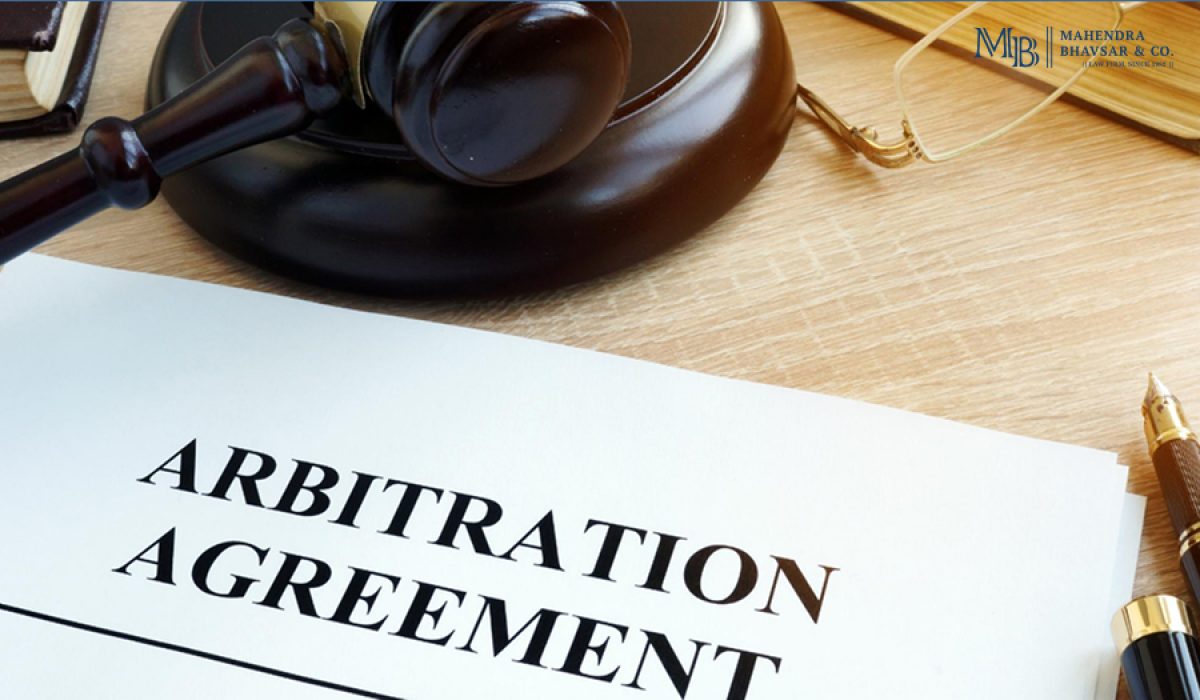Introduction
This article presents an analysis of the judgment delivered by the apex court in the matter of Consolidated Construction Consortium Limited v. Software Technology Parks of India on April 28, 2025, arising from Civil Appeal No. 5383 of 2024. The appeal challenged the order of the Division Bench of the Madras High Court, which had overturned a Single Judge’s decision to set aside an arbitral award. This case intricately examines the scope of judicial intervention under Section 34 of the Arbitration and Conciliation Act, 1996 (“the 1996 Act”).
Facts of the Case
The dispute originated from a construction contract awarded by Software Technology Parks of India (Respondent) to Consolidated Construction Consortium Limited (Appellant) for developing an office building and incubation center. Following a tender process, a Letter of Intent was issued on March 9, 2006. Disputes later arose, leading to arbitration. The arbitral tribunal passed its award on January 5, 2010.
Issues Before the Court
The primary issue before the Court was whether the Division Bench was correct in setting aside the Single Judge’s order, which had itself set aside the arbitral award under Section 34. At the heart of the issue was whether the grounds invoked to challenge the award fell within the permissible limits under Section 34 of the 1996 Act.
Arguments Presented
The Appellant had previously succeeded before the Single Judge in having the arbitral award set aside. However, the specific grounds raised by either party at that stage are not detailed in the judgment excerpt.
The Respondent, on appeal to the Division Bench, argued that the Single Judge exceeded the limits of permissible judicial interference, and that the arbitral tribunal had adopted a reasonable interpretation of the contract clause in question. The Division Bench agreed and restored the award.
Reasoning of the Court
The apex court upheld the decision of the Division Bench, emphasizing the narrow scope of Section 34. It reiterated that courts must not reassess the merits of an arbitral award merely because a different interpretation is possible.
- The court found that the Single Judge had overstepped by revisiting the arbitral tribunal’s interpretation of Clause 26 of the contract.
- It noted that the tribunal’s interpretation was a “possible and plausible view”, and therefore could not be substituted with a different one by the court.
- The court confirmed that the award did not violate public policy, nor was it vitiated by patent illegality, fraud, or corruption—thus failing to meet the threshold for interference under Section 34.
- The court also observed that the Appellant stood to gain nothing even if the award were set aside, underscoring the futility of the challenge.
Case Laws Relied Upon
Though not explicitly named in the excerpts, the reasoning is grounded in a consistent line of precedents, including:
- Associate Builders v. DDA (2015) 3 SCC 49
- Ssangyong Engg. & Construction Co. Ltd. v. NHAI (2019) 15 SCC 131
These cases establish that Section 34 is not an appellate provision and that arbitral awards should be respected unless they fall afoul of fundamental statutory limits.
Conclusion
The judgment in Consolidated Construction Consortium Ltd. v. STPI is a reaffirmation of the Indian judiciary’s pro-arbitration stance. It illustrates the strict boundaries placed on judicial review of arbitral awards under Section 34. Parties seeking to set aside awards must base their challenges squarely within the framework of Section 34 and not on disagreements with the tribunal’s interpretation of the contract. This ruling strengthens the finality of arbitral decisions and serves as a caution against unwarranted judicial second-guessing.
FAQs:
Q1: Can a court overturn an arbitration award just because it interprets a contract differently?
No. Courts cannot interfere with an arbitral award simply because they prefer a different interpretation. The tribunal’s view must be shown to be illegal, perverse, or against public policy.
Q2: What are valid grounds for setting aside an arbitral award under Section 34?
The award can be set aside for reasons such as patent illegality, violation of public policy, fraud, corruption, or lack of jurisdiction. Mere dissatisfaction with the outcome is not enough.
Q3: Is it common for higher courts to reinstate arbitration awards overturned by lower courts?
Yes, especially when the lower court has overreached its jurisdiction. Higher courts often restore awards if the interference violated the narrow scope allowed under Section 34.
Stay informed with insights that matter. Follow us for more updates on key legal developments.
Disclaimer
The content provided here is for general information only; it does not constitute legal advice. Reading them does not create a lawyer-client relationship, and Mahendra Bhavsar & Co. disclaims all liability for actions taken or omitted based on this content. Always obtain advice from qualified counsel for your specific circumstances. © Mahendra Bhavsar & Co.
